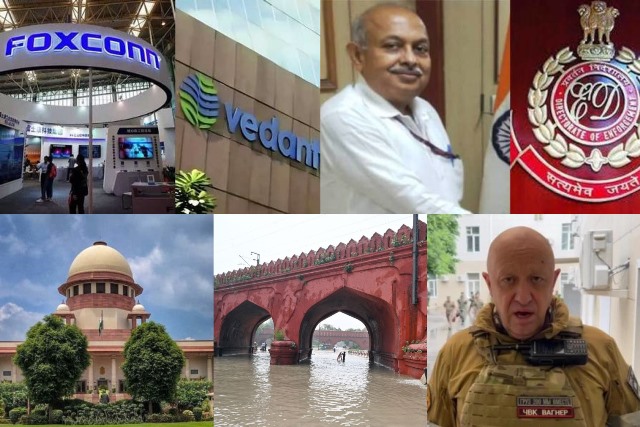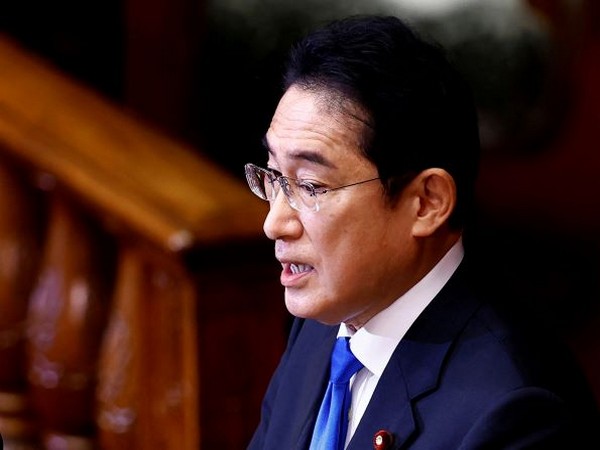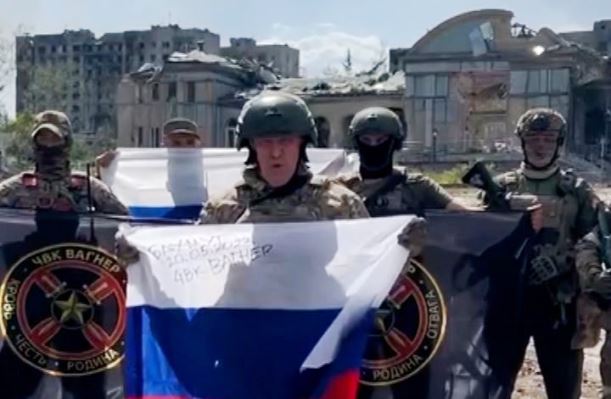Last week the Taiwanese electronics manufacturers and prominent supplier to Apple announced that it was pulling out of India and shelving its plans to set up a plant to make semiconductors jointly with Indian conglomerate, Vedanta. It was a big setback. The Foxconn project, envisaged with an investment of nearly $20 billion, was touted as a big breakthrough to India’s Make in India and Self-reliant India drives, both pet missions of Prime Minister Narendra Modi to boost manufacturing in India and the country’s value-added exports.
Foxconn, which is the world’s largest contract electronics manufacturer, was to have set up its joint venture plant in Modi’s home state of Gujarat and once up and running it would have employed an estimated 100,000 people.
Why Foxconn decided to pull out of the project is not known in detail. However, media reports suggest that the decision has to do with the quantum of incentives that the project was supposed to receive.
Foxconn’s about-face shows that India’s ambitious objective of emerging as a globally relevant manufacturing base will not be easy to achieve. A lot more needs to be done. And they need to be done fast.
Opportunities have opened up for potential manufacturing locations in the world after the West and multinational corporations have begun rethinking their China strategy. China and the US are in the midst of a face-off that has economic and commercial implications for both countries. Western companies are also peeved at the increased restrictions and controls that the Chinese government has been imposing on their activities in China.
However, if India wants a piece of the action by attracting big investments in manufacturing, it will have to go the extra mile.
In the Foxconn instance, the concerns may have been about delays by the Indian government to approve incentives that the project was entitled to. Apparently, the government agencies had raised questions about the cost estimates of the project. These values determined the quantum of incentives that the project was to receive.
India is coming late to the global manufacturing game and although China might be losing its sheen as a favoured player there, the competition is by no means a cakewalk. Tiny Vietnam has scored more points when it comes to attracting investment that is looking for destinations other than China. India, simply, has to do much more.
Furore over an extension for India’s ED
India’s Enforcement Directorate (ED) is a domestic law enforcement and economic intelligence agency responsible for enforcing economic laws and fighting economic crime in India. As part of the finance ministry’s department of revenue, the directorate, headed by the Enforcement Director, is a powerful body that investigates and prosecutes cases involving foreign exchange law violations, money laundering, and other economic offences. By definition the ED needs to be fair and unbiased, not swayed by political pressure nor used with motivation other than the offences and violations that it is deemed to deal with.
However, the controversy right now is that the ED has been accused of being biased and politically motivated in its actions and investigations against some opposition leaders, activists, journalists, and businessmen.
The controversy’s latest twist is that the current director, S.K. Mishra, has been given three extensions of his term by the central government since his appointment in October 2018. His original term was supposed to end in November 2020, but he was given a one-year extension till November 2021, and then another one-year extension till November 2022, and finally a third one-year extension till November 2023.
The third extension was recently struck down by India’s Supreme Court as being illegal and invalid in law because it violated an earlier judgment that has directed the government not to extend Mishra’s term further.
Instances where the government interferes or influences investigating agencies such as the ED, the Central Bureau of Investigation, and other bodies, are not uncommon in India. Neither are such instances of misuse related to any particular government or regime in power. Such biased “use” of agencies meant to act objectively have occurred during the tenure of successive governments in India, regardless of their political stripe.
Curiously, hours after the Supreme Court struck down the third extension for Mishra, the home minister Amit Shah said in a tweet that “those rejoicing over the Hon’ble SC decision on the ED case are delusional for various reasons: The amendments to the CVC Act, which were duly passed by the Parliament, have been upheld. Powers of the ED to strike at those who are corrupt and on the wrong side of the law remain the same”. He added that the “ED is an institution which rises beyond any one individual”.
Some wondered why the home minister, whose ministry is responsible for the maintenance of internal security and domestic policy in the country, was commenting on the ED whose office is under the finance ministry.
Hearing to begin on Kashmir’s revoked autonomy
In 2019, in a quick decision, the Modi government revoked the Indian Constitution’s Article 370 in Kashmir. The Article gave the northern Indian state of Jammu & Kashmir a special status, which forbade Indians outside the state from permanently settling, buying land, holding local government jobs and securing education scholarships.
The Modi regime revoked the Article and split the state into two union territories, Kashmir and Jammu.
Last week, however, it was announced that the Supreme Court would begin hearing arguments related to an appeal against the abrogation of the Article. Opponents of the ruling regime believe the abrogation was unconstitutional in Kashmir, which is India’s only Muslim-majority region. But the move by the Centre to revoke the special status was seen as part of the Modi government’s attempt to consolidate its rule over the territory. The proceedings in the Supreme Court begin shortly and will be watched keenly
The floods in Delhi are not only because of rain
Last week as rains pounded north India, Delhi witnessed floods of a magnitude that had not occurred in 45 years. The levels of the River Yamuna rose, breached an all-time high and overflowed into the city flooding key roads.
The authorities had to evacuate thousands of people in flood-prone areas and major traffic diversions had to be put in place. Nearly 100 people died because of the floods. TV footage showed flooded streets in the city, including the street outside Delhi’s chief minister Arvind Kejriwal’s home. Because of the floods, three water-treatment plants in the city have had to be closed down and Kejriwal said that water would have to be rationed–that means Delhi could face water shortages for a few days.
Although the rainfall in Delhi has been heavy–Delhi, Punjab, and Himachal Pradesh have received 112%, 100% and 70% more rainfall than average so far–the floods are not all because of the rains. Systematic ecological degradation is to blame. The warnings have been coming in for a number of years now.
Experts say large-scale encroachment of floodplains, the absence of wetlands and the presence of 25 bridges on the Yamuna River have contributed to the deluge. The rains are only the tipping point. In addition, the infrastructure, such as drainage systems, which is required to handle flooding, is in need of serious overhauling.
Sadly, the red flags are raised only when the floods occur and when the rains subside, no one worries about them any longer.
Will Wagner Group get a new boss?
Not so long ago, all eyes were on Yevgeny Prigoshin, the head of Russia’s most prominent mercenary army, which played a crucial role in the country’s offensive against Ukraine. Prighozin led a sort of mutiny against the Kremlin when he led his troops towards Moscow–a move that was construed as a challenge to President Vladimir Putin’s regime.
The so-called attempted coup was defused and the troops retreated. Prigozhin is believed to be in St. Petersburg but his group of soldiers, recruited mainly from prisons, is no longer believed to be active in the ongoing war that has been going on for more than 500 days.
Now, reports have emerged that Putin has proposed to the Wagner Group’ fighters that a senior mercenary, Andrey Troshev, be appointed as their new commander. According to reports emanating from mostly state-controlled media in Russia, Putin is attempting to create a split between Prighozin and his erstwhile fighters.
Would this be a fresh lease on life for the Wagner Group and its involvement in Russia’s ongoing war against Ukraine? The unfolding events will tell.


